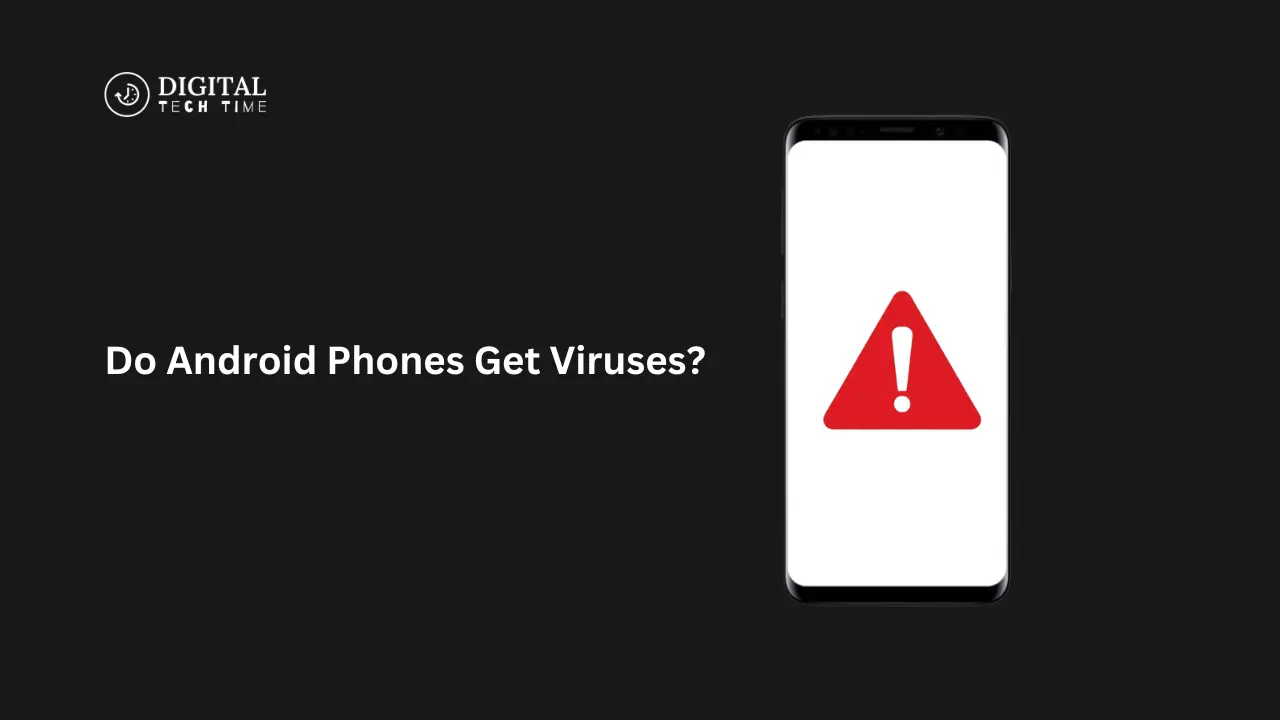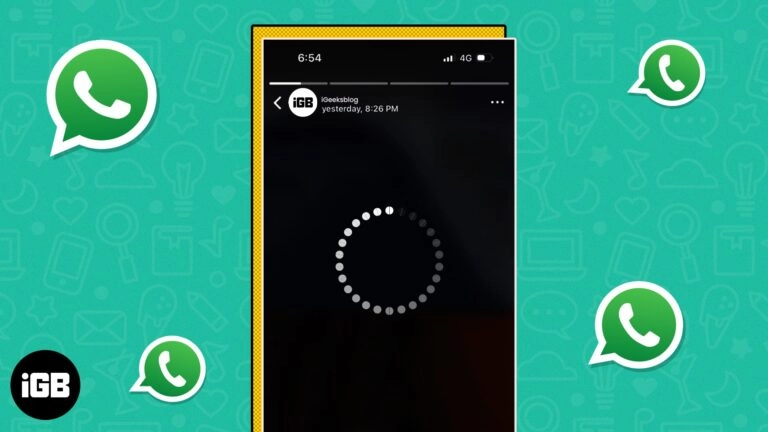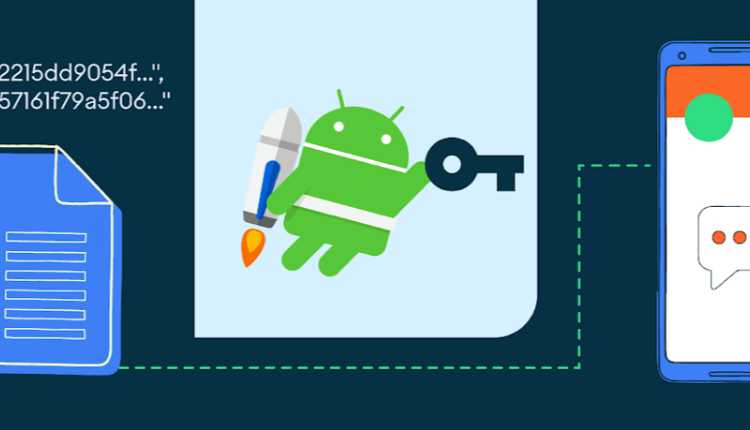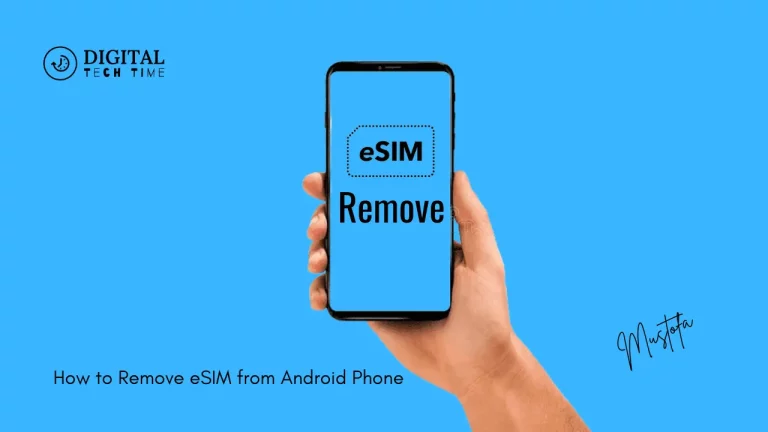The Truth Unveiled: Do Android Phones Get Viruses?
As a human writer, I am very excited to delve into whether virus attacks are possible on an Android phone. This has been and still is one of the most discussed questions since its introduction; actually, distinguishing between the myths and realities is key to ensuring the security of our mobile devices.
In today’s digitized era, smartphones have taken a central place in people’s lives, and Android devices are leading in this. As their use is becoming indispensable for people- not only for communication and entertainment but also for banking and storing personal data- the threat of malware and viruses has turned into a problem that must be taken seriously.
Table of Contents
The Truth about Android Phone Vulnerabilities
It might hold a partial truth that Android and other smartphones are vulnerable to malware since they are like any other computing device in those aspects. However, the issue gets blown out of proportion most of the time. As it is an open-source venture, it is important to ensure proper security measures are put up regarding application permissions, sandboxing, and security updates. Nonetheless, this also can be hugely influenced by things such as user behavior, the quality of third-party apps, and, in general, the security practices the owner exercises with the device.
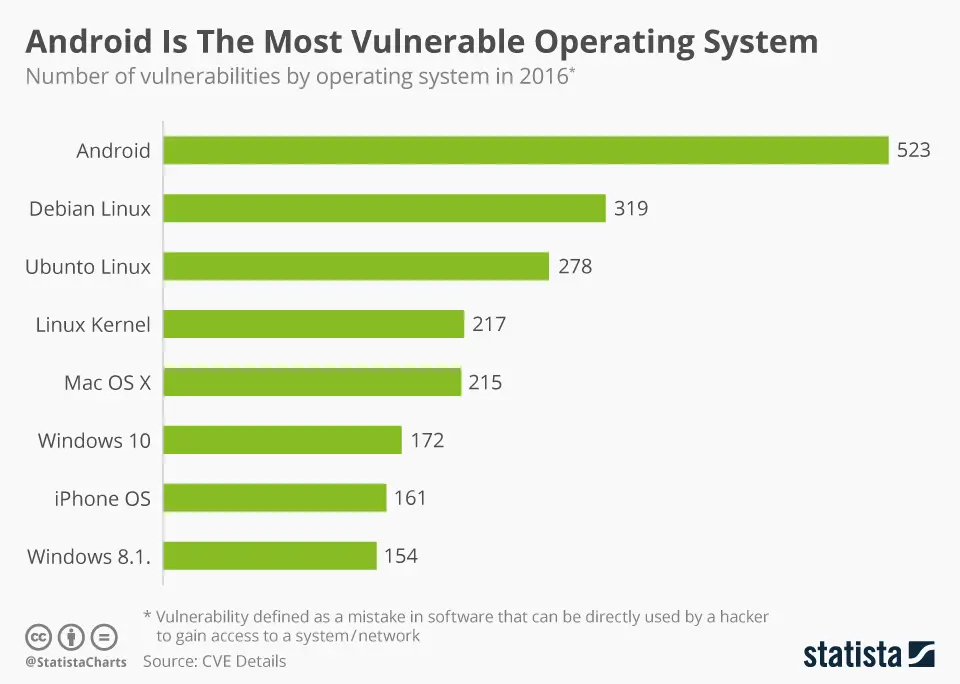
How Android Phone Viruses are Typically Spread
Android phone viruses are typically spread through malignant apps, phishing scams, and other social engineering methods. Hackers generally target entry into the world of Android users by creating fake applications that, though they look like real apps, are actually designed to steal sensitive data or unauthorized access to the gadget.
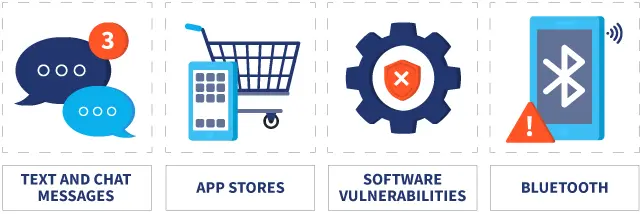
Signs That Your Android Phone May Have a Virus
Suppose the device is behaving too strangely, such as fast battery wear, unwanted pop-ups, or overall performance degradation. In that case, this can certainly be a sign that it has contracted some virus. Furthermore, it is time to check what suspicious activity or apps are running on your device that you do not recognize.
Protecting Your Android Phone from Viruses
Best practices that can keep your Android phone virus-free include:
- Downloading applications only from trusted sources.
- Keeping your device’s operating system updated.
- Using a reputable antivirus application.
Also, beware of clicking on links or attachments from unknown sources, for these could be vectors of malware.

Best Antivirus Apps for Android Phones
There are several high-quality antivirus apps available for Android devices, including:
- Bitdefender Mobile Security: Offers comprehensive protection against malware, phishing, and other online threats.
- Kaspersky Internet Security: Provides real-time protection, web filtering, and anti-theft features.
- Norton Mobile Security: Combines antivirus, anti-theft, and identity protection capabilities.
- Avast Mobile Security: Offers a range of security tools, including a virus scanner, app lock, and Wi-Fi security.
- AVG AntiVirus FREE: A free antivirus solution that provides essential protection against malware.
Steps to Take if Your Android Phone Gets Infected
If one suspects that an Android phone has a virus, then actions should be directed at speed to reduce further damage. First, try to identify and remove suspicious applications or even files. In case the problem is further critical, then one can factory reset the device, which cleans all data from it and sets the device back. Finally, update your antivirus and further monitor the device for additional signs of infection.
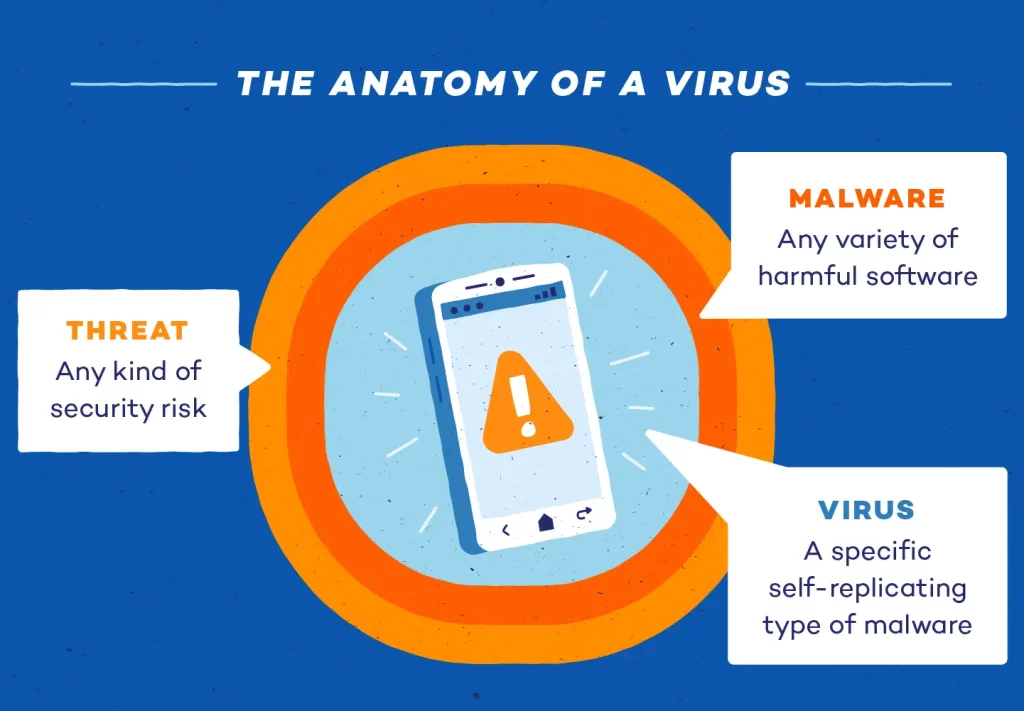
Also Read: Content Plan for Social Media: A Strategic Approach
Frequently Asked Questions
Q: Are Android phones more vulnerable to viruses than iPhones?
A: While the open-platform nature of Android does provide more opportunities for some sorts of malware, the bad guys can attack both Android and iOS devices. The key is good security hygiene, such as only downloading apps from trusted sources and keeping your device’s software up-to-date.
Q: Can I still use my Android phone if it has a virus?
A: Generally speaking, you’re not supposed to keep on using an Android phone with a virus because the more you keep on using it, the more personal information and your device are at risk. You need to remove the virus right away and restore your device to its safe state.
Q: How will I know if my Android phone has a virus?
A: The most common evidence that your phone has acquired a virus are surprise pop-ups, rapid battery drain, sudden performance lowering, and unfamiliar apps or suspected activities. In the event that you encounter at least one of these problems, it becomes necessary to find the cause and proceed with an appropriate course of action.
Conclusion
While viruses and malware can affect Android phones, the reality is that the picture is not that clear-cut, with this being a myth of inherent insecurity compared to other mobile operating systems. By understanding how the Android operating system works, being conscious of common threats, and actively taking steps to protect your device, you can use the full capabilities of your Android phone and minimize the risks.

